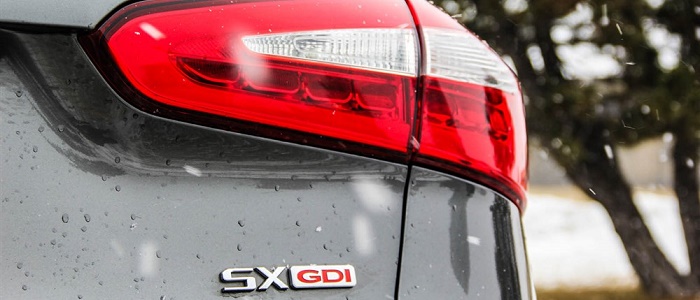
Hyundai - GDi Badge
Explaination and usages


What does actually the GDi badge mean on vehicles by Hyundai?
Abbreviation of Gasoline Direct Injection. Hyundai and its sister company KIA use this label on their cars powered by petrol engines with direct fuel injection technology. These engines generally offer better energy utilization, higher torque and lower fuel consumption compared to an engine with the intake manifold indirect injection.
Marketing
List of cars using this badge

Vehicles by Hyundai

Vehicles by KIA

Vehicles by Mitsubishi
Check a car by its VIN number
Visitor comments
No comments at this time. Be the first one to write a comment.
Follow us
AutoManiac Instagram
AutoManiac database currently covers:
47worldwide automotive brands
1.531different vehicle models
2.233engines
13.778specific cars



















































